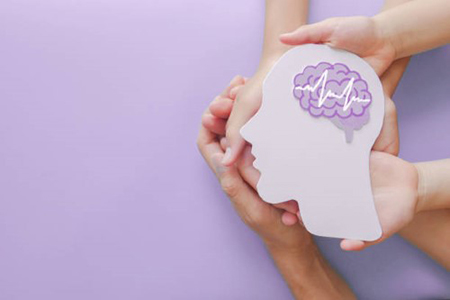If you’re an adult who thinks you may have ADHD, your doctor will be able to help you diagnose the condition. He will use a checklist of symptoms to make a diagnosis and may conduct tests to see if the condition is indeed present. He may also interview other people in the patient’s life, such as family members, teachers, coaches, and nannies. These individuals can provide insight that can be valuable in the diagnosis process.
Symptoms of adult ADHD

Adults with ADHD exhibit abnormalities in working memory, verbal learning, and perceptual-motor speed. Additionally, they have deficits in response inhibition and semantic clustering. Neuropsychologists may also perform tests across different sensory modalities to diagnose this disorder. If a person is diagnosed with adult ADHD, they may receive therapy to deal with these issues.
Adult ADHD may also co-occur with other mental health conditions. In fact, about 90% of adults who have ADHD also suffer from another psychiatric condition. This complicates diagnosis and may even impact the course of the condition. People who have multiple conditions often show more severe symptoms. This condition can also cause people to mask their symptoms, Check out this site.
Treatments for adults with ADHD include behavioral coaching, self-help groups, vocational counseling, educational assistance, and medication. The treatment process should involve a team of professionals, family members, and the affected person. The goal of therapy should be to improve productivity, reduce stress, and improve communication.
Tests for adult ADHD
The interview process may take several hours. The clinician will first conduct an in-person interview with the adult patient to learn more about their history and family history. Then, he will ask questions about development, schooling, health, and family and lifestyle habits. Depending on the age of the patient, the clinician may also want to interview family members and friends of the patient, as well as a child’s daycare provider and teacher.
An ASRS (Adult Self-Report Scale) is a 40-item questionnaire that measures symptoms of ADHD in adults. This questionnaire is not free, but it does help the healthcare provider determine whether or not the patient is experiencing symptoms. The ASRS is considered to be a starting point for a diagnosis and recommended by the Attention Deficit Disorder Association.
Treatment options for adult ADHD
In addition to treating ADHD, your doctor may recommend treatments for comorbid conditions. For example, ADHD is often associated with depression and anxiety. In these cases, treatment may involve treating the symptoms of the primary disorder first and then tackling the comorbid conditions. You may also want to see a therapist specializing in treating ADHD.
Cognitive behavioral therapy is another effective treatment for ADHD in adults. This type of therapy helps patients change their negative thinking patterns and learn to cope with stressful situations. It can also improve relationships with spouses and children. It may also help people with ADHD learn better ways to communicate. If you’re suffering from adult ADHD, consider getting professional help immediately.
Conclusion:
Along with medication, other treatments include physical activity. Exercise can reduce the symptoms of other mental health disorders and reduce stress. However, it’s not always easy to get started. Some people have physical disabilities and may be unable to exercise. However, a combination of physical activity and therapy can help you manage ADHD better.
